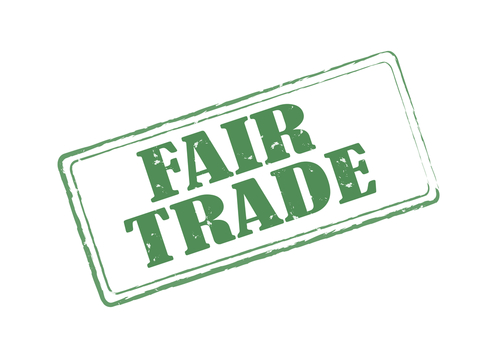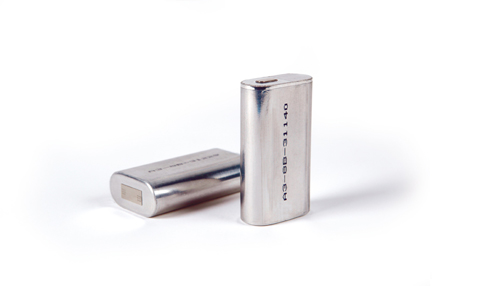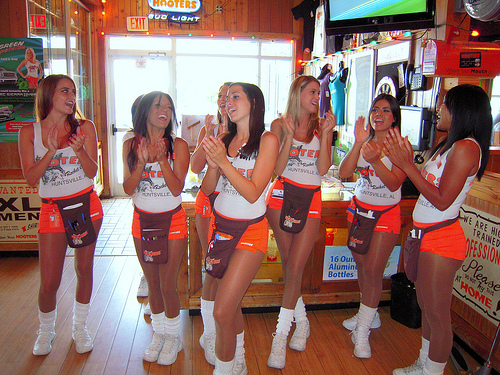 This is a guest post by Louisa Leontiades.
This is a guest post by Louisa Leontiades.
When I look at recent reports on Fairtrade and Cadbury, I see that both Fairtrade and Cadbury are doing well out of their alliance. In 2009, when Cadbury Dairy Milk went fair trade and started boasting the green and blue swirls, it was hailed as a major turning point for the Fairtrade mark. Since then, some 650 million bars and bags of Fairtrade-certified Cadbury Dairy Milk have been sold in the UK and Ireland, and the chocolate manufacturer has been responsible for quadrupling the volume of Fairtrade cocoa exported from Ghana. (from Forum for the Future, Fairtrade gets a boost from Cadbury Dairy Milk, 2012)
It’s a clash of ethics to potentially blow the whistle on an operation which is benefiting so many people; the ethics of utilitarianism (what is best for the most people) and the ethics of virtue (that which is the highest good) to be precise. But as an impartial journalist, I’m here to tell you the truth.
“I can’t go on record”, my source said. “I still care about Fairtrade. I want to believe in Fairtrade and I still think they do good work. But their integrity has been compromised by Cadbury and I think people should at least know.”
Before Cadbury, Fairtrade cocoa ingredients were completely traceable. It meant that you could know the person who farmed it was getting the Fairtrade price and premium [the social premium is a fund for the community].
But when Cadbury came along with their rather capacious wallets, what they wanted was to make their biggest seller – Dairy Milk – Fairtrade. In the report, they said, ‘We get all our cocoa from the same place and we can’t make everything Fairtrade because it would cost too much. And we can’t tell you which bit of the cocoa is Fairtrade and which isn’t because it ends up in the same melting pot.’
So Fairtrade put their heads together and came up with a solution. They asked Cadbury to pay a premium on 20 % of their cocoa, because 20 % of the cocoa bought by Cadbury goes into Dairy Milk. But this means that since all Cadbury’s cocoa goes to the same place, one cannot guarantee that the cocoa in that Dairy Milk bar is Fairtrade because its mixed with the 80 % non Fairtrade cocoa.
But does it matter? Why is this 80-20 split important?
1. Because Cadbury will make a far bigger profit by certifying Dairy Milk Fairtrade than it would be certifying any other of its brands Fairtrade;
2. They get this certification without implementing any measures to embody the standards and principles of Fairtrade – transparency and traceability.
3. They disproportionately represent themselves as Fairtrade by putting it on Dairy Milk which is their biggest seller (more than 20 % of their sales) when 80 % of their cocoa is still sourced from non-fairtrade (where slavery, child labor, torture and abuse are commonplace)
The result of their alliance?
In 2011, sales of the familiar purple bars reached a record 16% market share, and well over two thirds of customers surveyed claimed that the Fairtrade stamp was important or extremely important in their purchasing decision.
And I leave it up to you, the reader, to decide how fair this really is. What do you think?
Data and quotes from: Forum for the Future, Fairtrade gets a boost from Cadbury Dairy Milk, 2012










would people continue to be attracted to dairy milk if its label read ‘20% fair trade, 80% possible slavery, child labor, torture and abuse’?
it’s not surprising that people with lots of money are able to skew and corrupt what began as common decency.
Excellent and informative. Definitely food for thought.
So.. what can be done to bring back some meaning to the fairtrade label?
Good article, and I didn’t know about this scam that Cadbury are seemingly pulling off. What was the Fair Trade movement thinking of when they agreed to that?
I don’t eat that product as it has milk in it, which is unfair to cows and calves, and definitely not necessary for supporting human life.
I would also question whether chocolate is really necessary…. maybe I can refer readers to a facebook ‘note’ I wrote to explain what I mean, it’s a ‘Needs and Wants’ exercise: http://www.facebook.com/notes/john-compost-cossham/needs-and-wants-a-greensustainability-workshop-exercise/10151147506302105
John Cossham, York UK
Wow! Good thing I don’t buy milk chocolate:)
I don’t see too much of an ethical conflict here. The end does not justify the means. That’s not a moral position. There’s enough historical evidence that, if the means aren’t consistent with the objective, you won’t achieve that objective. There may be exceptions to this rule but they only serve to prove it. The question is then what the means actually represent. Maybe it’s all OK.
That Cadbury is boosting its profits with this action is unsurprising and probably par for the course for any company implementing sustainability measures. The 20% business seems more than usually cynical but I’ve no idea how that works out financially compared to what anyone else does. Unless we are prepared to completely turn our backs on the big, international food companies (which is an option), we just have to accept that.
I don’t know much about Fairtrade as an organization but if they license the use of their label, they ought to make sure it’s used correctly. A chocolate bar can’t be 20% Fairtrade. Plus the proportions mean the chance that any one bar might contain only non-Fairtrade cocoa is considerably higher than that it might be 100% Fairtrade. “Buy this chocolate – there’s a chance it might be Fairtrade”.
If I buy a Fairtrade banana from Dole, I’m prepared to believe the banana is 100% Fairtrade. I’m perfectly aware that most of the Dole bananas I see are not Fairtrade. Supposing this too were a 20/80 proportion. Is that then different from the Cadbury situation? Well yes, in as much as I am free to choose to only buy the Fairtrade ones. And if Dole doesn’t put enough of those into the Dutch market (that’s where I live), I’ll buy someone else’s, so there is some economic pressure or Dole (or Fyffes or whoever) to up their percentage.
If Fairtrade’s action with Cadbury is directly improving the farmers’ lot and leading to more sustainable agriculture, I’m OK with that. Then the means are consistent with the end. Right now I’d need to see some hard evidence to support such a contention. So once again, no ethical conflict for me. The burden of proof lies with Fairtrade and Cadbury.
These kind of situations always puzzle me! Of course 20% is better than nothing. But then shouldn’t the label read “Fairtrade 20%”? I bet people would still buy it. The other question of course is; is Fairtrade too kind to these giants of corporations? Should they insist on anything carrying the fairtrade label to consist of at least 50% fairtrade products or perhaps even more? I would want them to be more strict so that we, the consumers, could feel that we can trust in their label. However, what would the consequences be? Would it A: make companies go for it anyway and accept the lower profit and in that way aid even more fairtrade workers or would it B: make them skip the whole idea. If B then that 20% would have been lost. But maybe, since the fairtrade label is so popular, they would have gone for more. These questions are so hard. Would be interesting to know how the development of the agreement went:;did fairtrade try to push for a lot more and just settled for 20% because they knew that Cadbury wouldn’t go for more?
Some call it “greenwashing”. The Rainforest Alliance have been subject to similar criticisms over the years. But, this is just another symptom of a far deeper problem – existing rules and laws do not in any way assure the consumer that the foods they are buying really are what they pretend to be. I really hope that European horse meat scandal results in tighter regulation and oversight of what food we are really eating, and finally blows the lid not only on the fairtrade but the organic food industry too.
Thanks for the article- I’ve long wondered about this so called “Fair Trade”